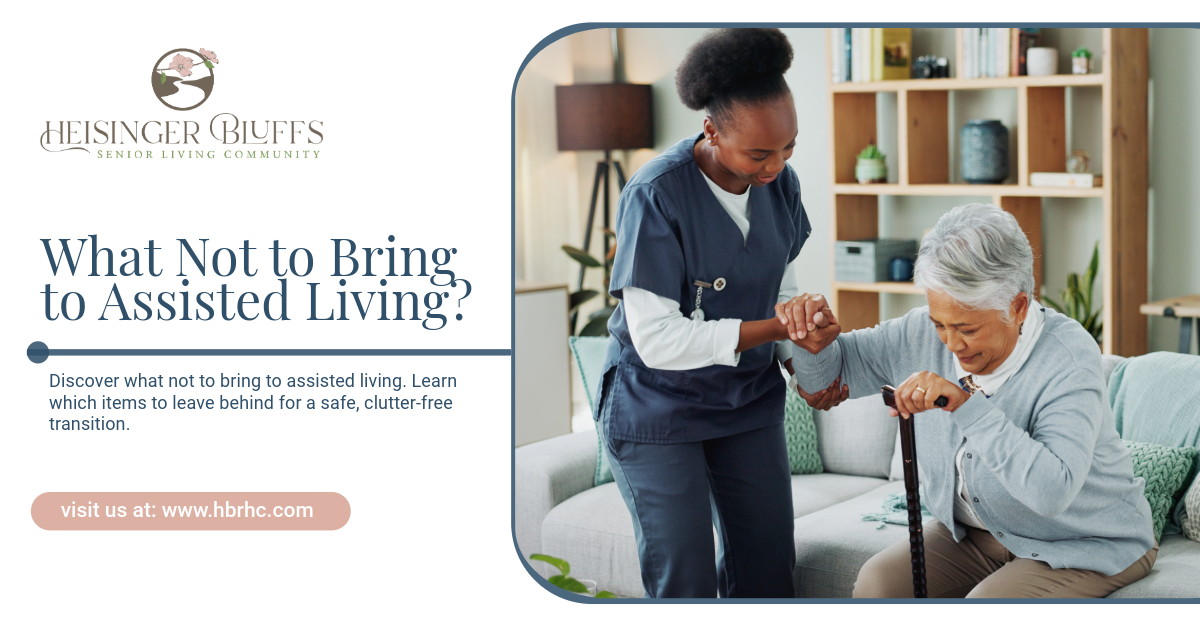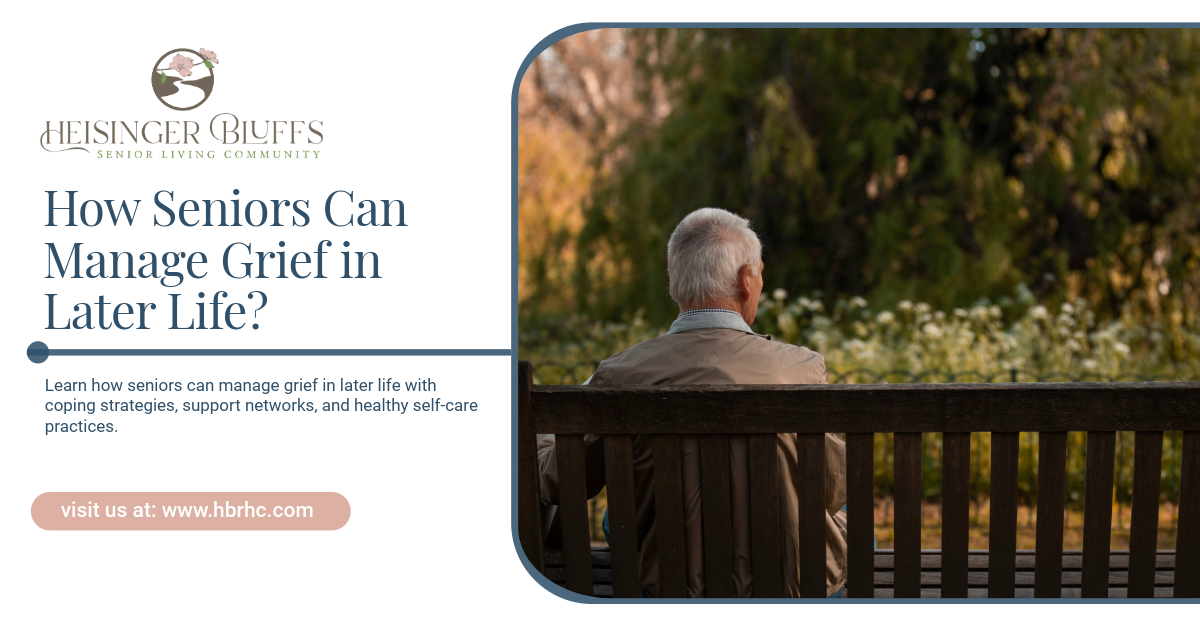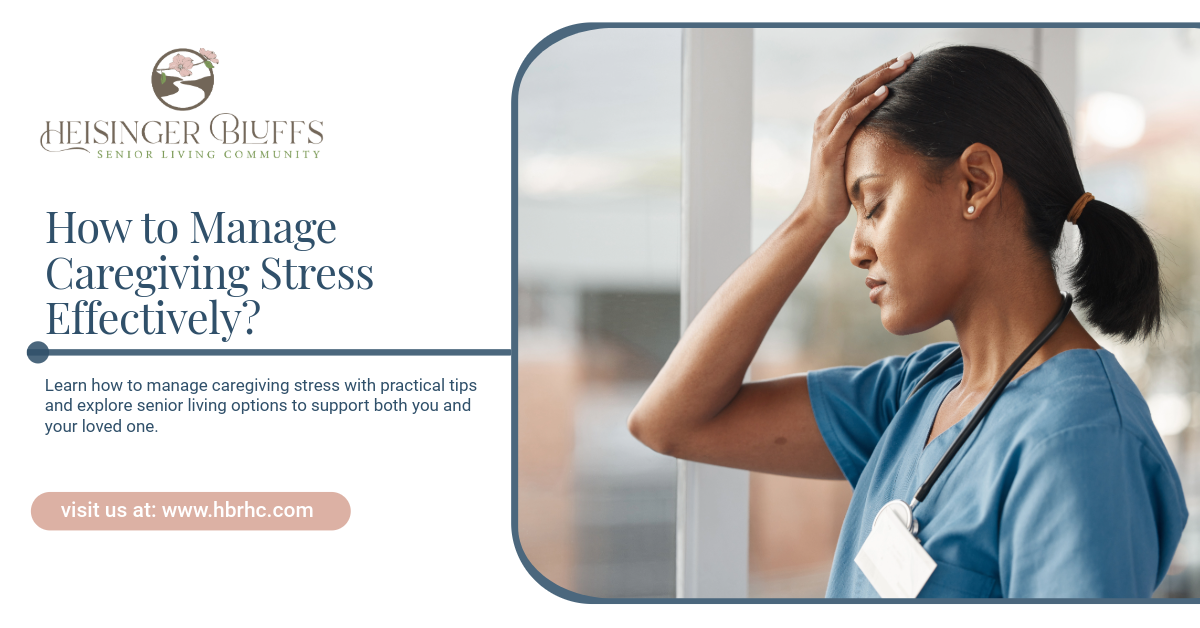What Not to Bring to Assisted Living?

Moving to assisted living is a major life transition that often comes with downsizing. Knowing what not to bring is just as important as knowing what to pack. Here’s a clear, quick guide to help you or your loved one prepare.
Things Not to Bring to Assisted Living
1. Oversized or Excess Furniture
Large couches, dining tables, and bulky dressers often won’t fit in smaller living spaces. Assisted living apartments are designed to be functional and easy to navigate, especially for those using walkers or wheelchairs. Stick to essential, space-saving pieces.
2. Duplicate Items
Extra sets of dishes, linens, or small appliances can take up unnecessary space. Bring only what’s needed for daily use—usually one of each is enough.
3. Hazardous Items
Fire hazards like candles, space heaters, and electric blankets are often not allowed. Check with the community’s safety guidelines before packing anything that generates heat or open flames.
4. Valuables and Excessive Cash
Leave behind expensive jewelry, large amounts of money, and irreplaceable keepsakes. These items are safer with trusted family members or in a secured storage.
5. Large Collections or Hobby Supplies
Downsize collections of books, craft supplies, or holiday décor. Limited space means less room for storage-heavy hobbies. Consider bringing a small set or rotating favorites.
6. Unnecessary Kitchen Appliances
Most assisted living residences provide meals, so there’s no need for microwaves, toasters, or coffee makers—unless allowed and space permits.
7. Expired Medications and Duplicates
Before the move, sort through all medications with a healthcare provider. Dispose of any expired, unused, or duplicate prescriptions to avoid confusion.
Final Thoughts
Less really is more when transitioning to assisted living. Bringing only the essentials makes life simpler, safer, and more comfortable.
At Heisinger Bluffs, we help each resident settle in smoothly by offering guidance on what to bring, and what to leave behind, so you or your loved one can feel right at home from day one. Contact us today!
Frequently Asked Questions
Can I bring my own bed to assisted living?
Most communities provide a bed, but you may be allowed to bring your own if it fits and meets safety guidelines. Always ask first.
Are pets allowed in assisted living?
Some communities do allow small pets. Check with the residence to see their specific pet policy.
What happens if I bring something not allowed?
Staff will review and help you safely remove or store any restricted items. Most places will provide a list of prohibited items before move-in.
Sources:
- https://www.usfa.fema.gov/prevention/home-fires/at-risk-audiences/older-adults/
- https://www.fda.gov/drugs/special-features/dont-be-tempted-use-expired-medicines
- https://www.goodhousekeeping.com/holidays/gift-ideas/g44640372/best-gifts-for-seniors/











